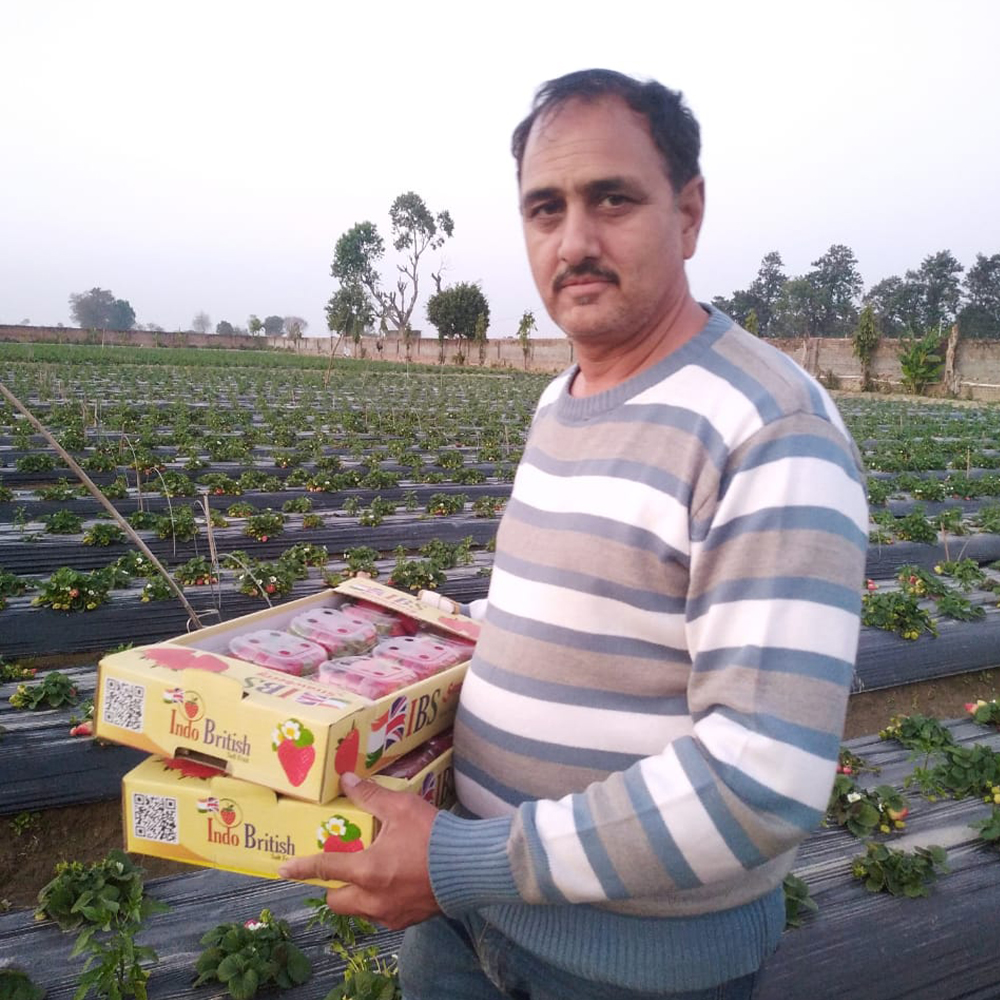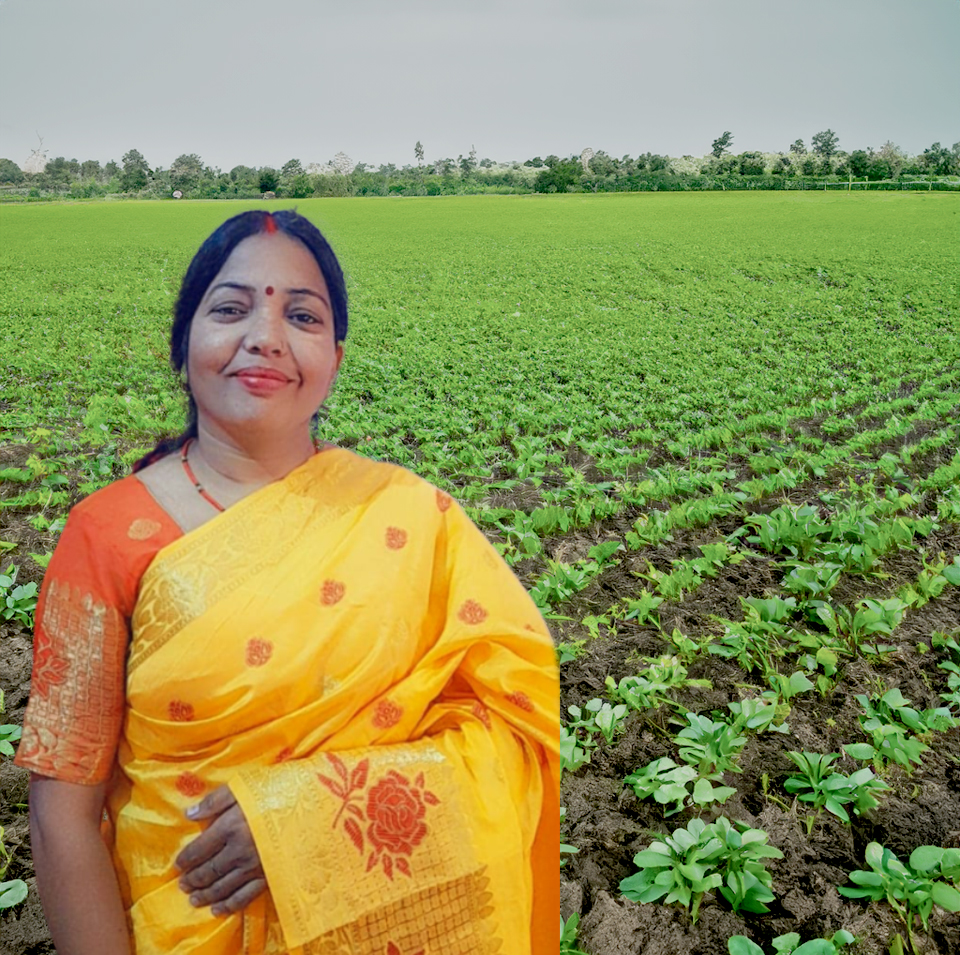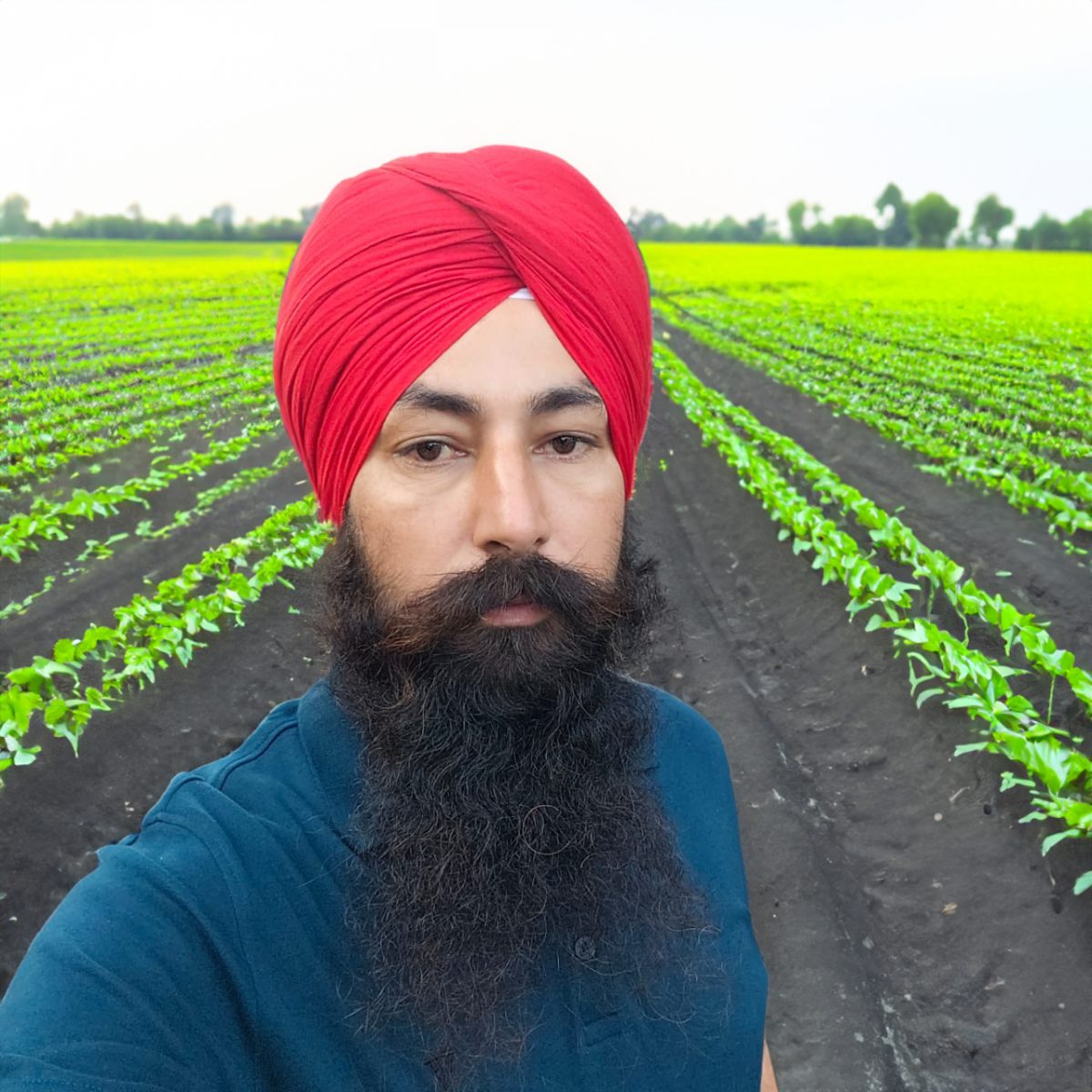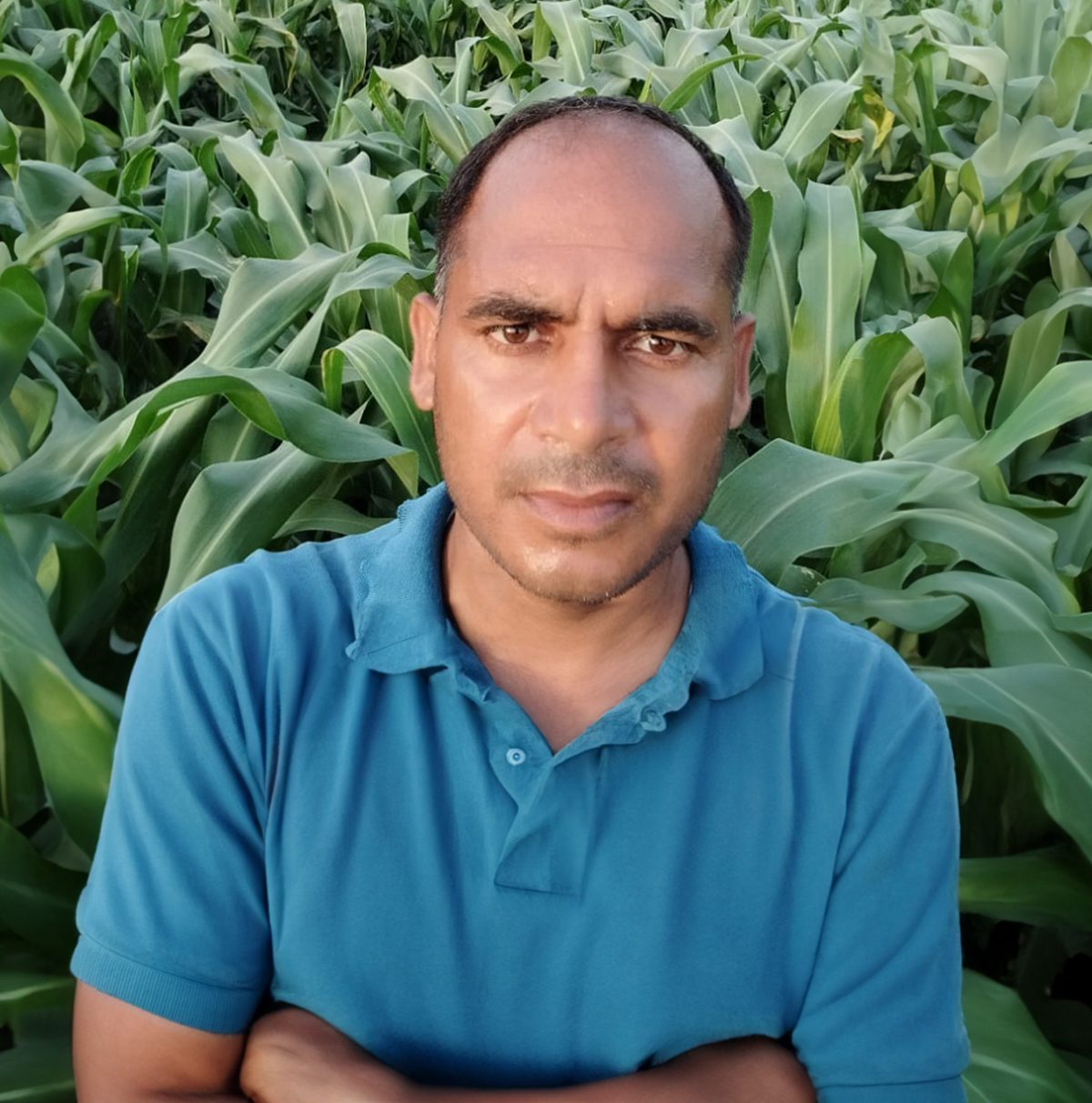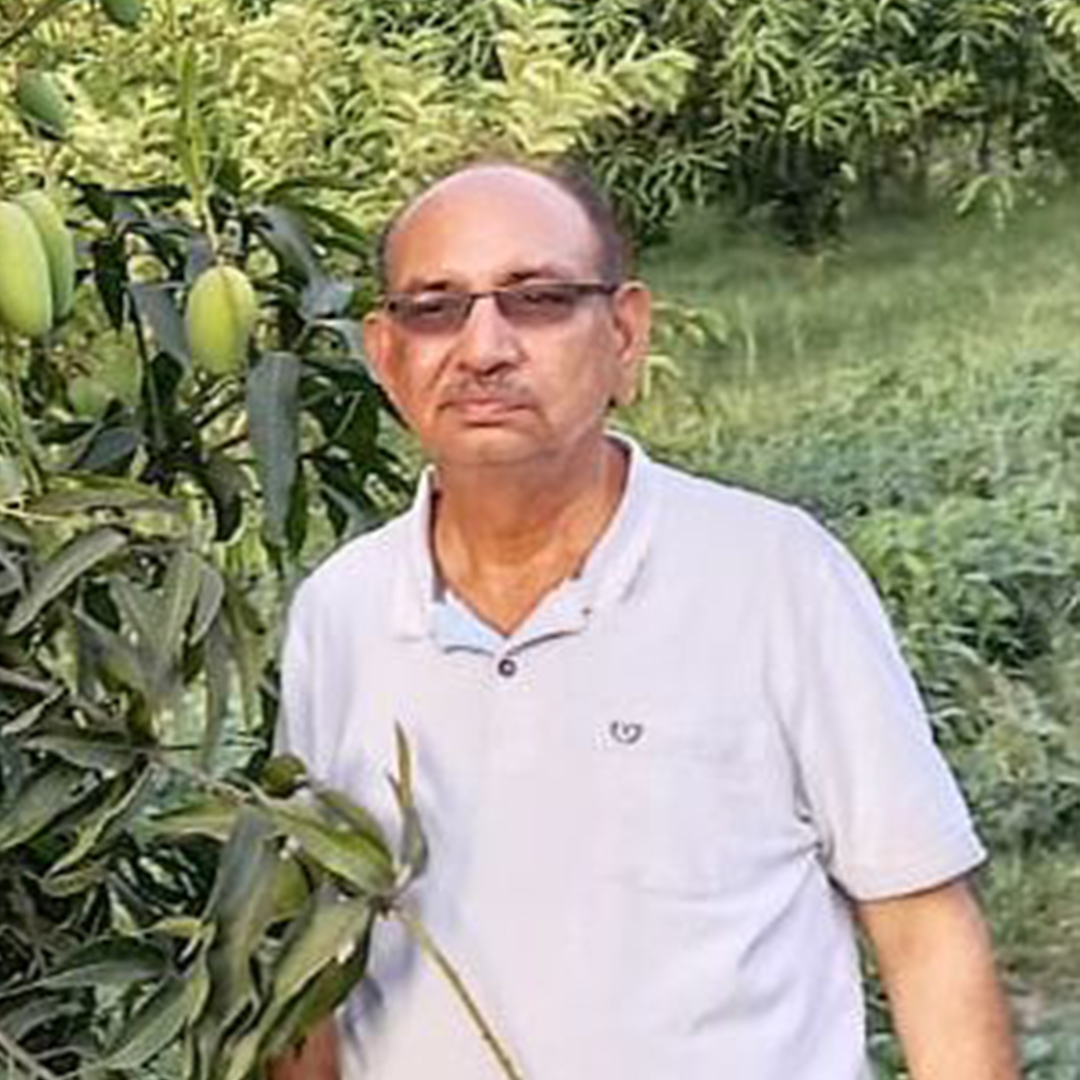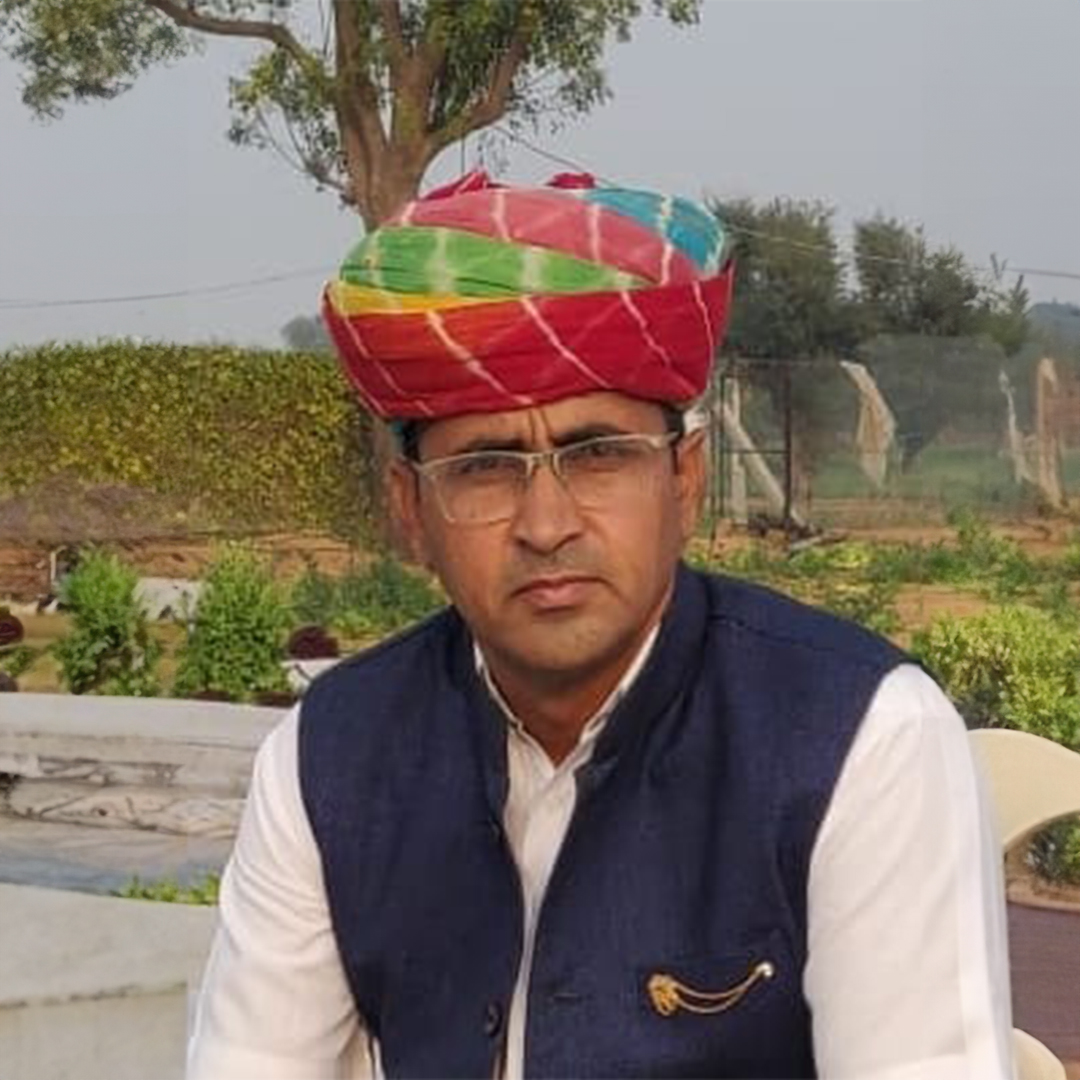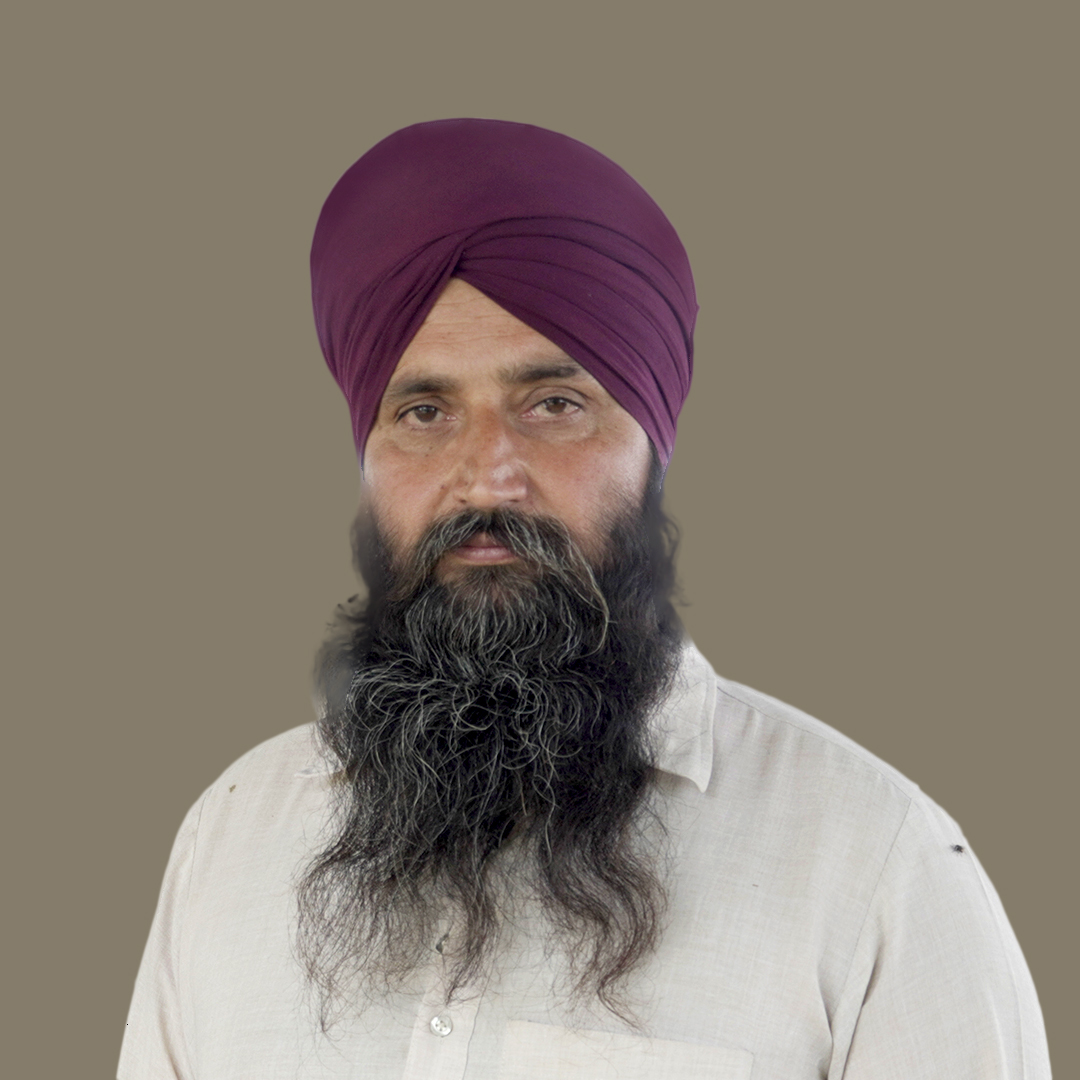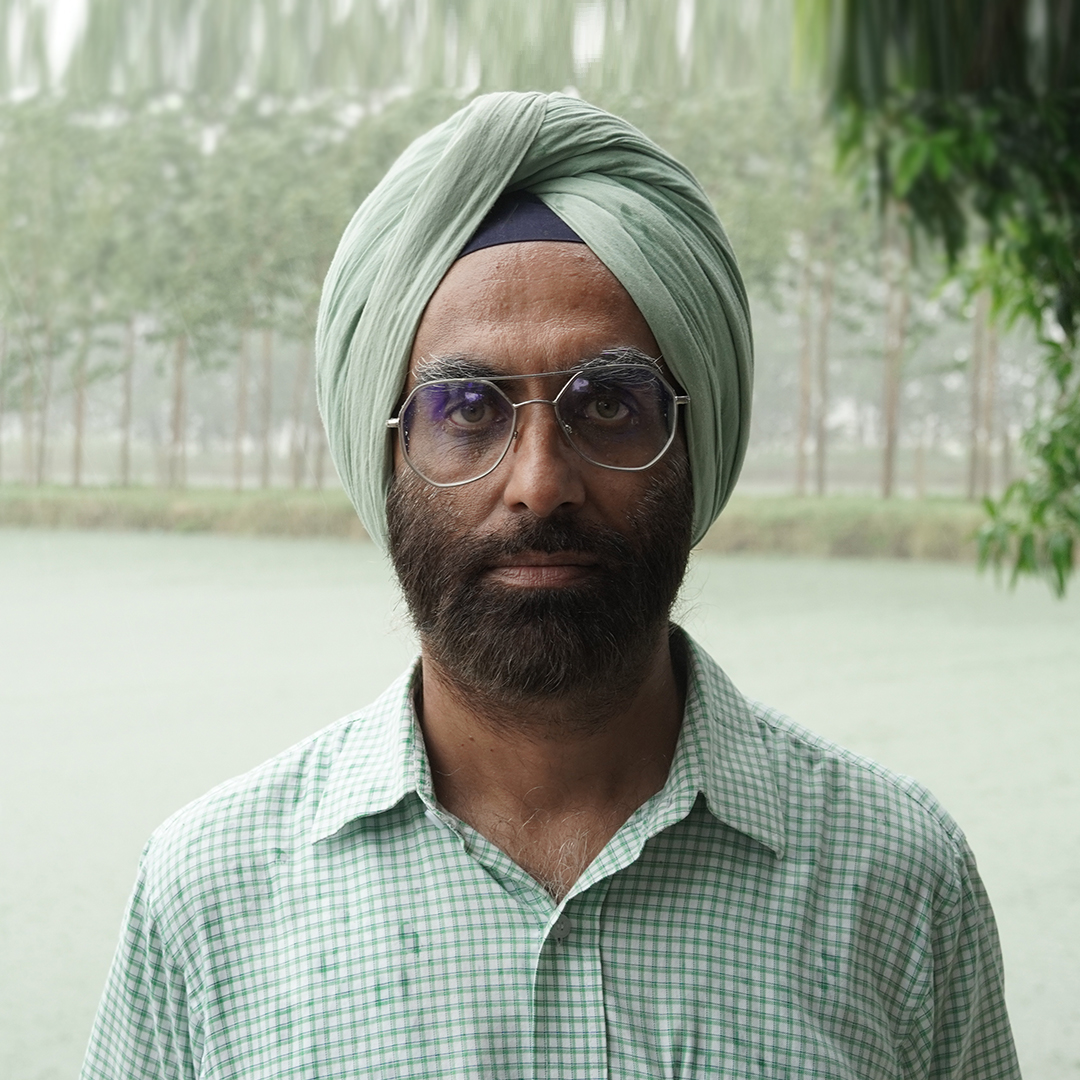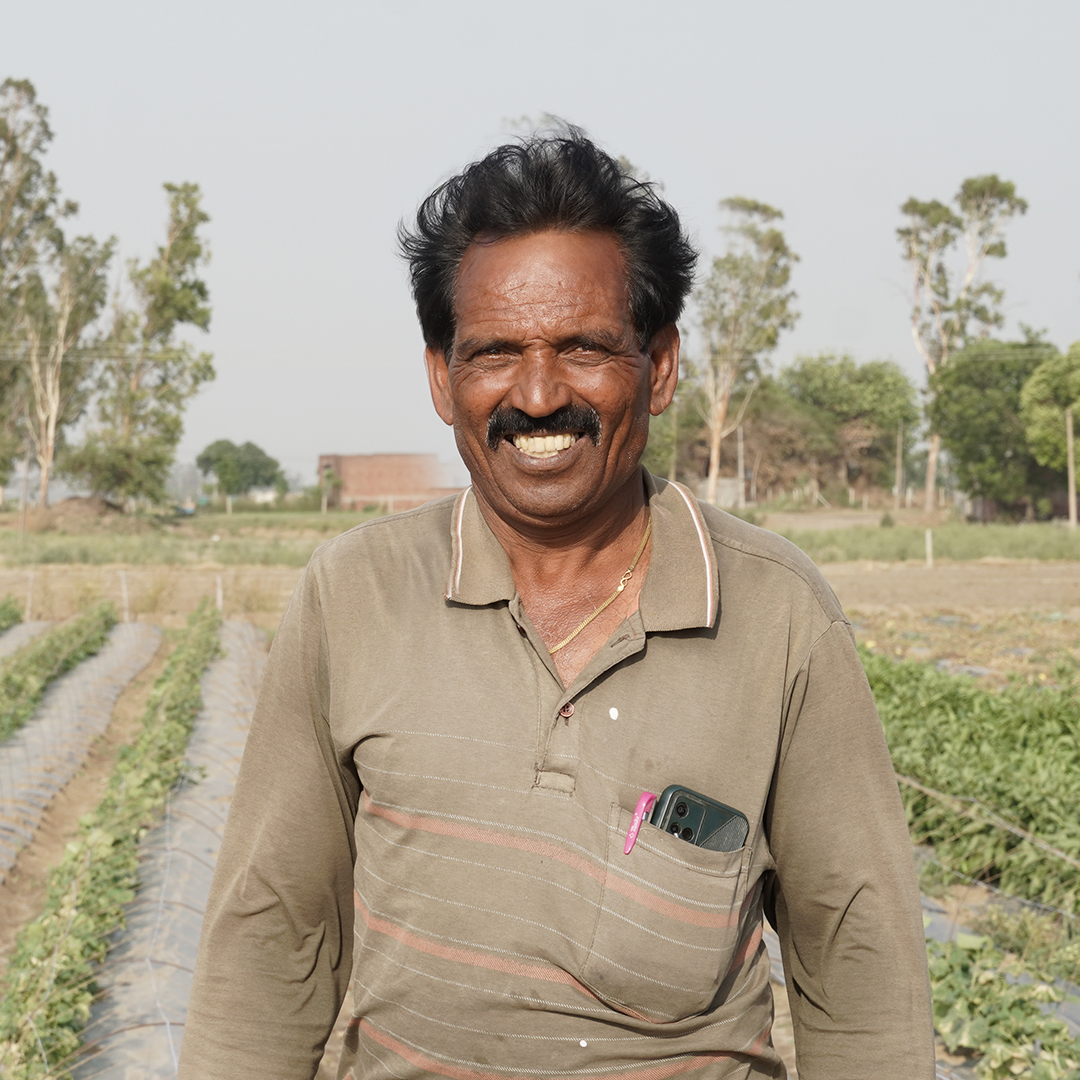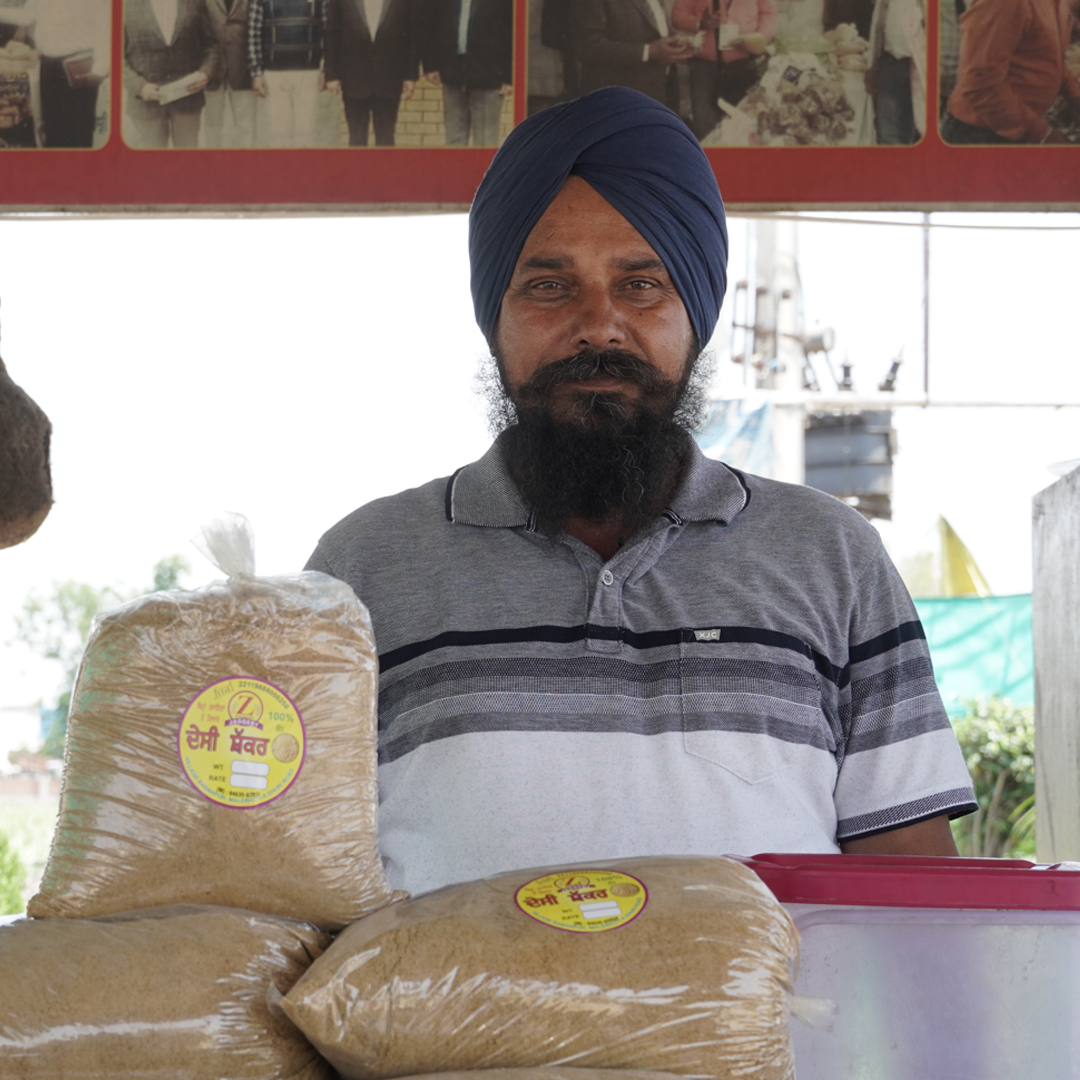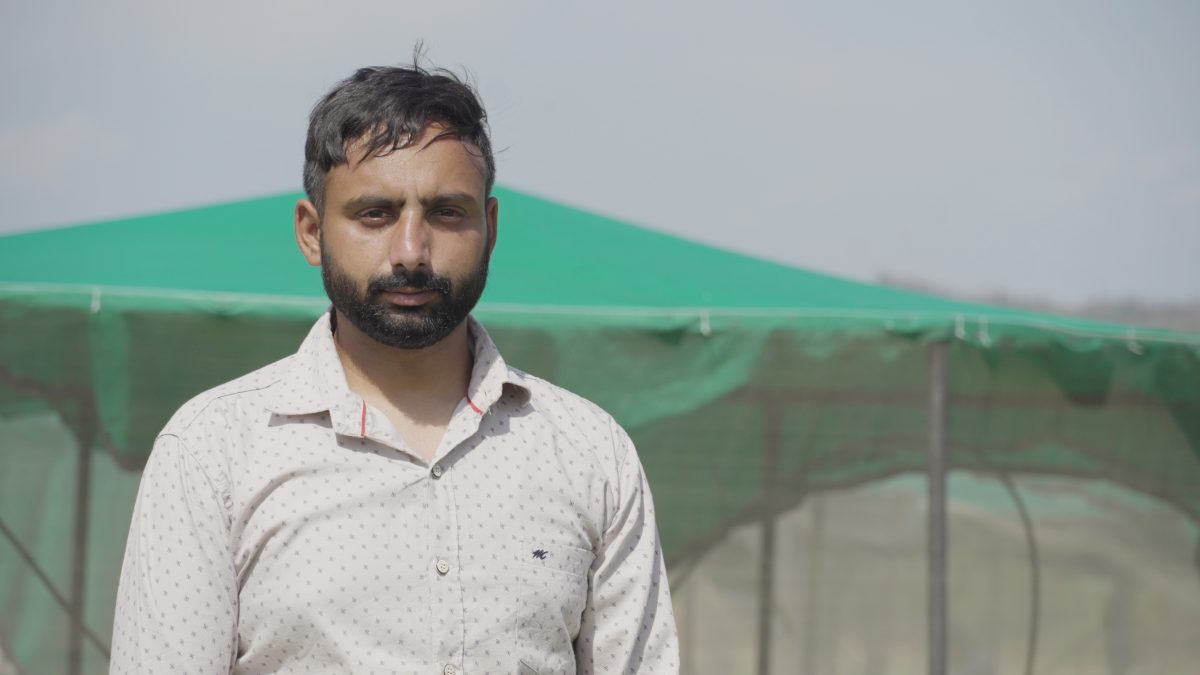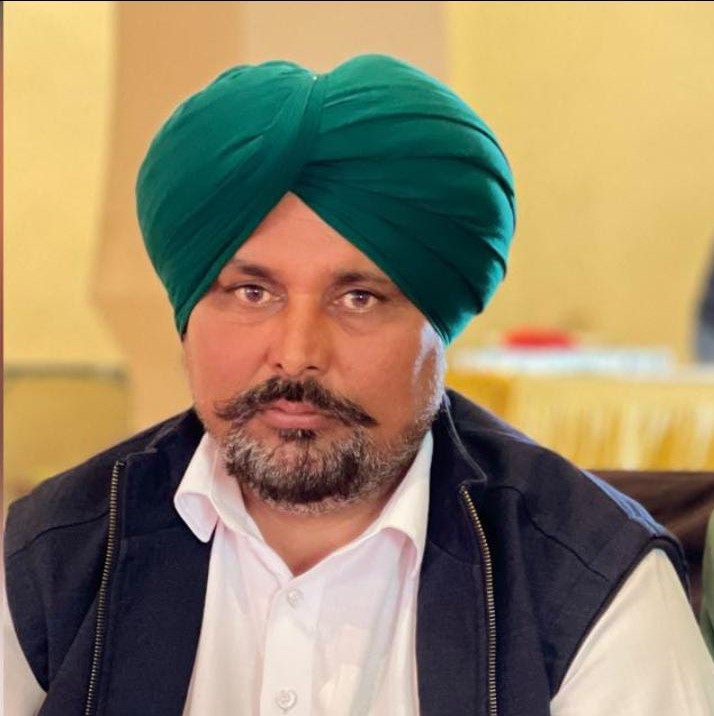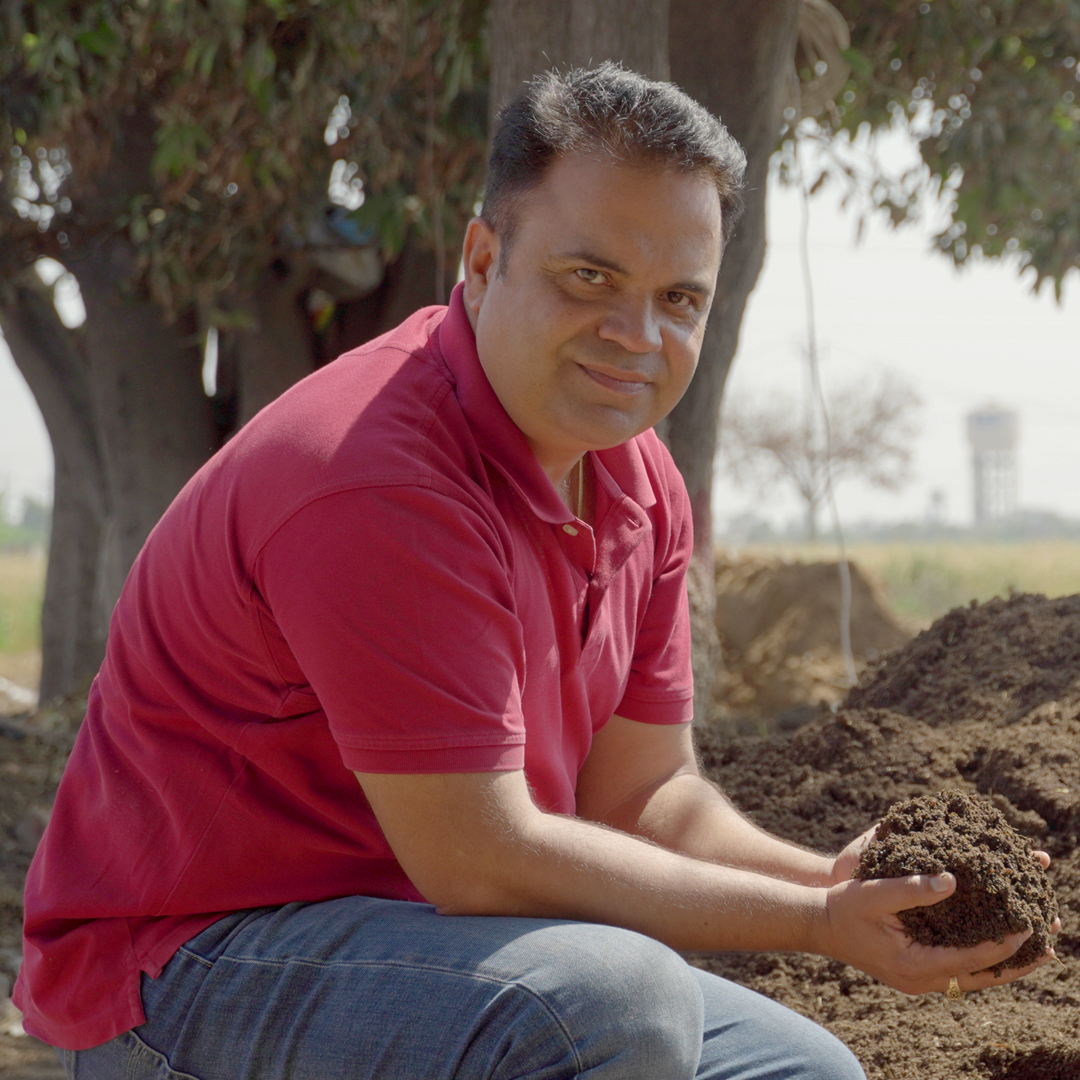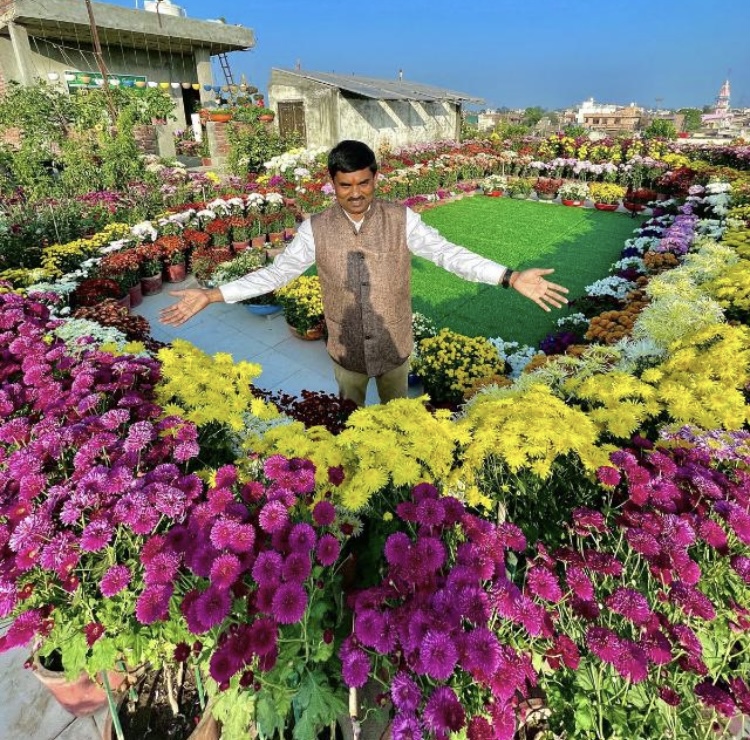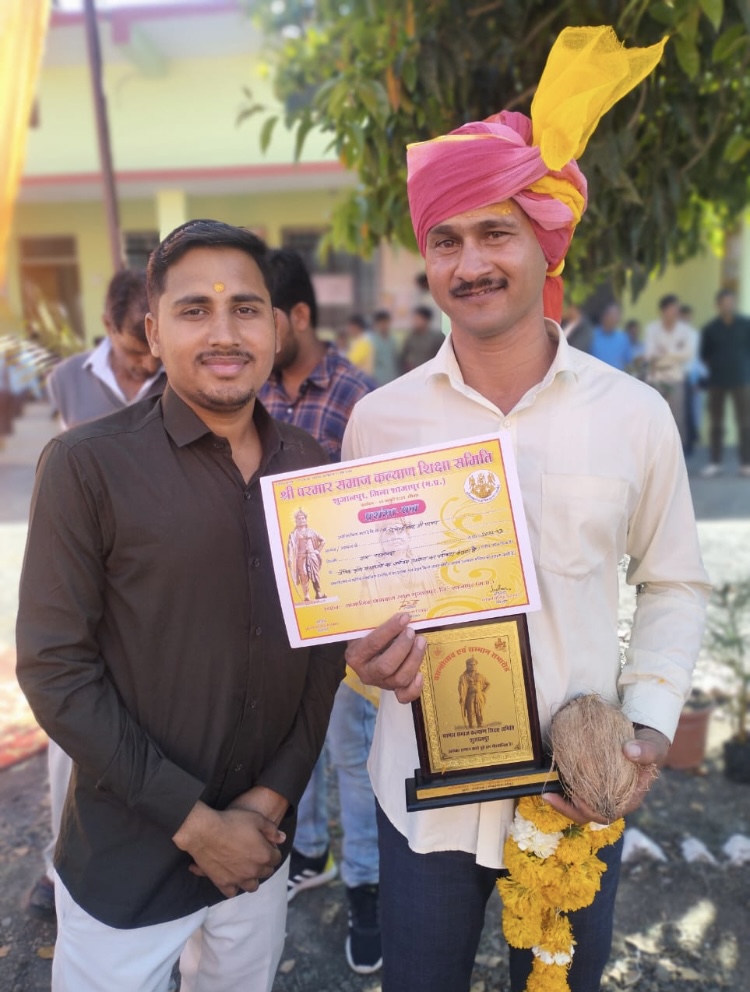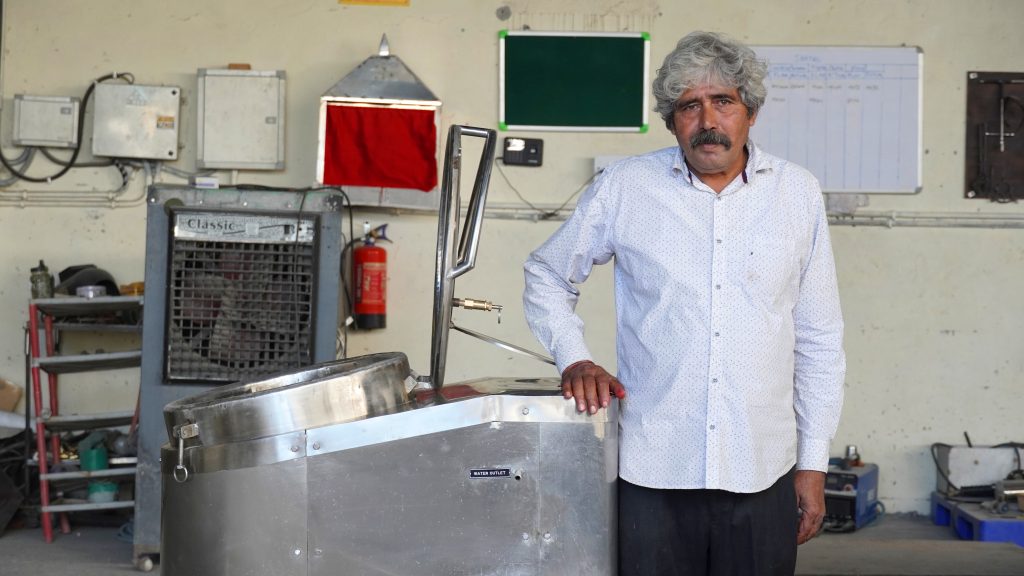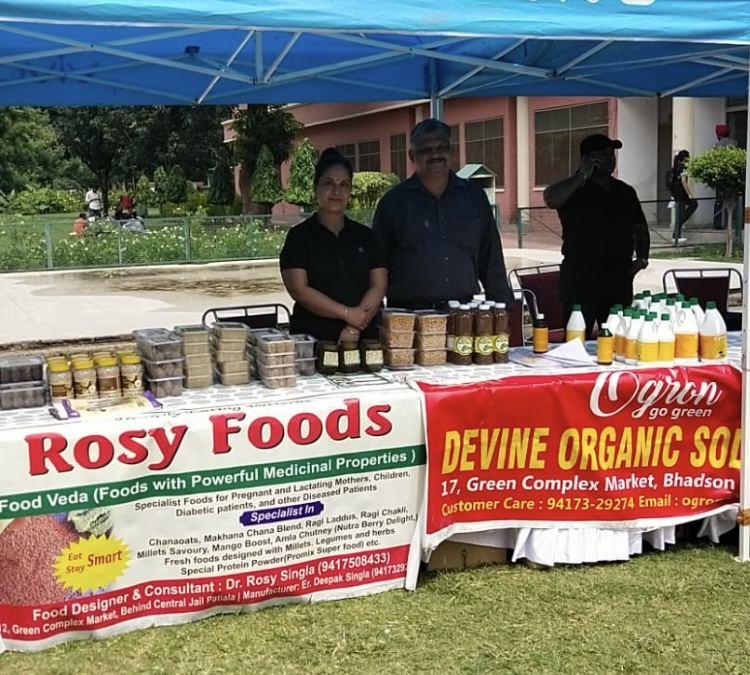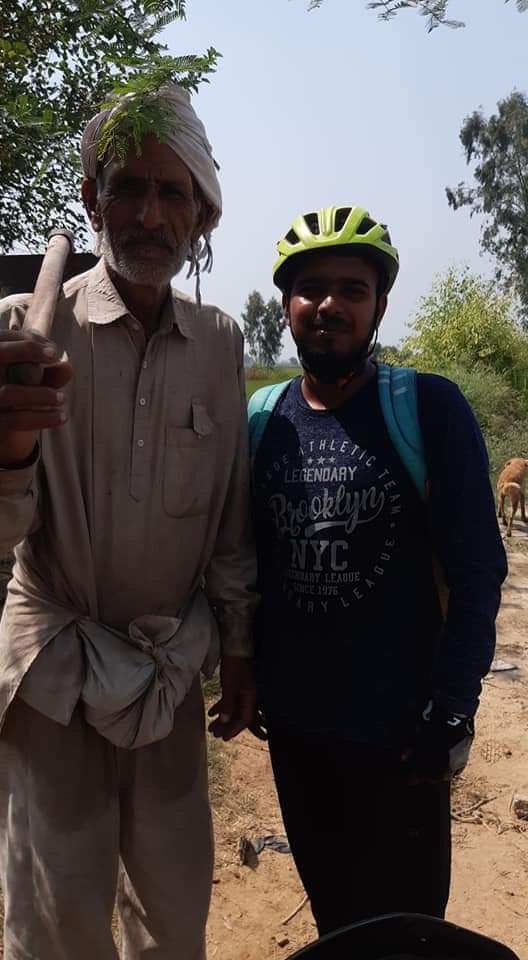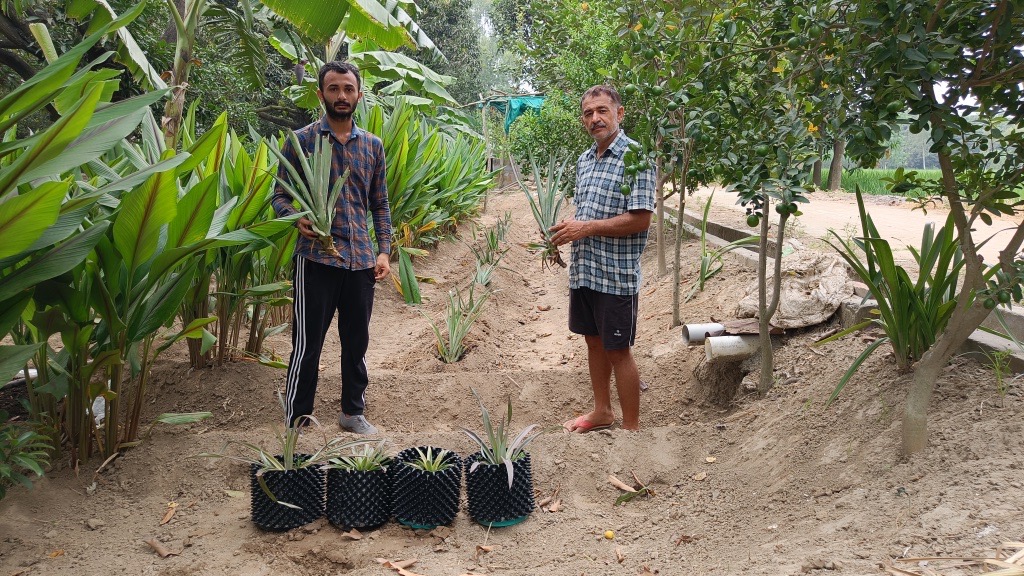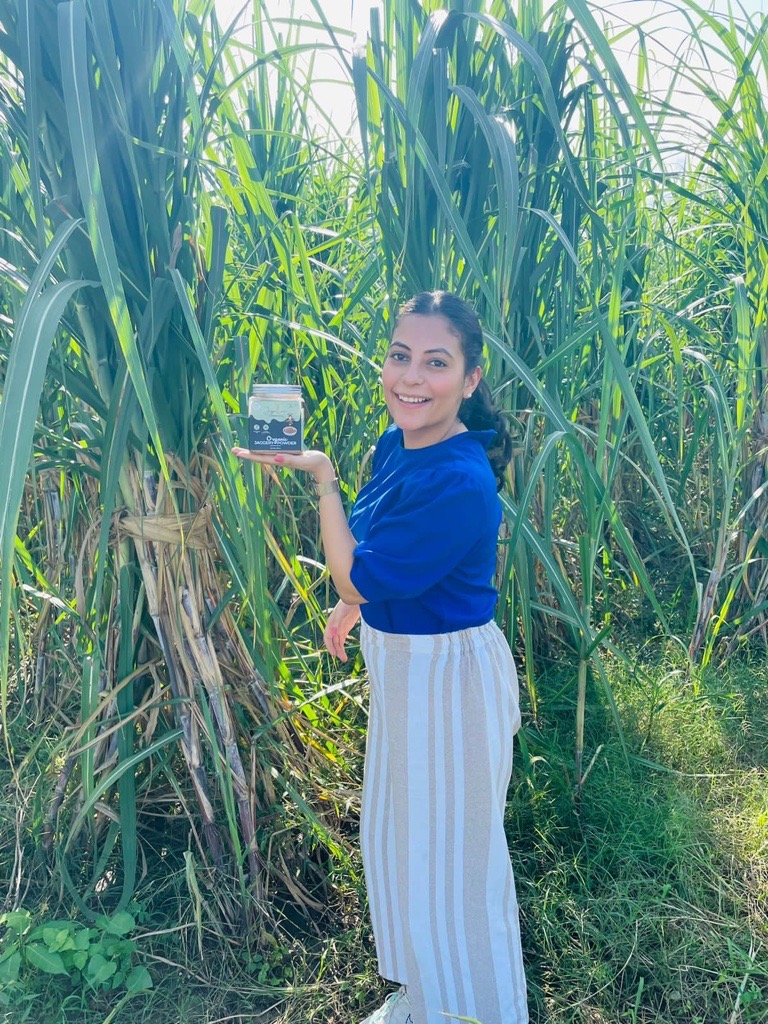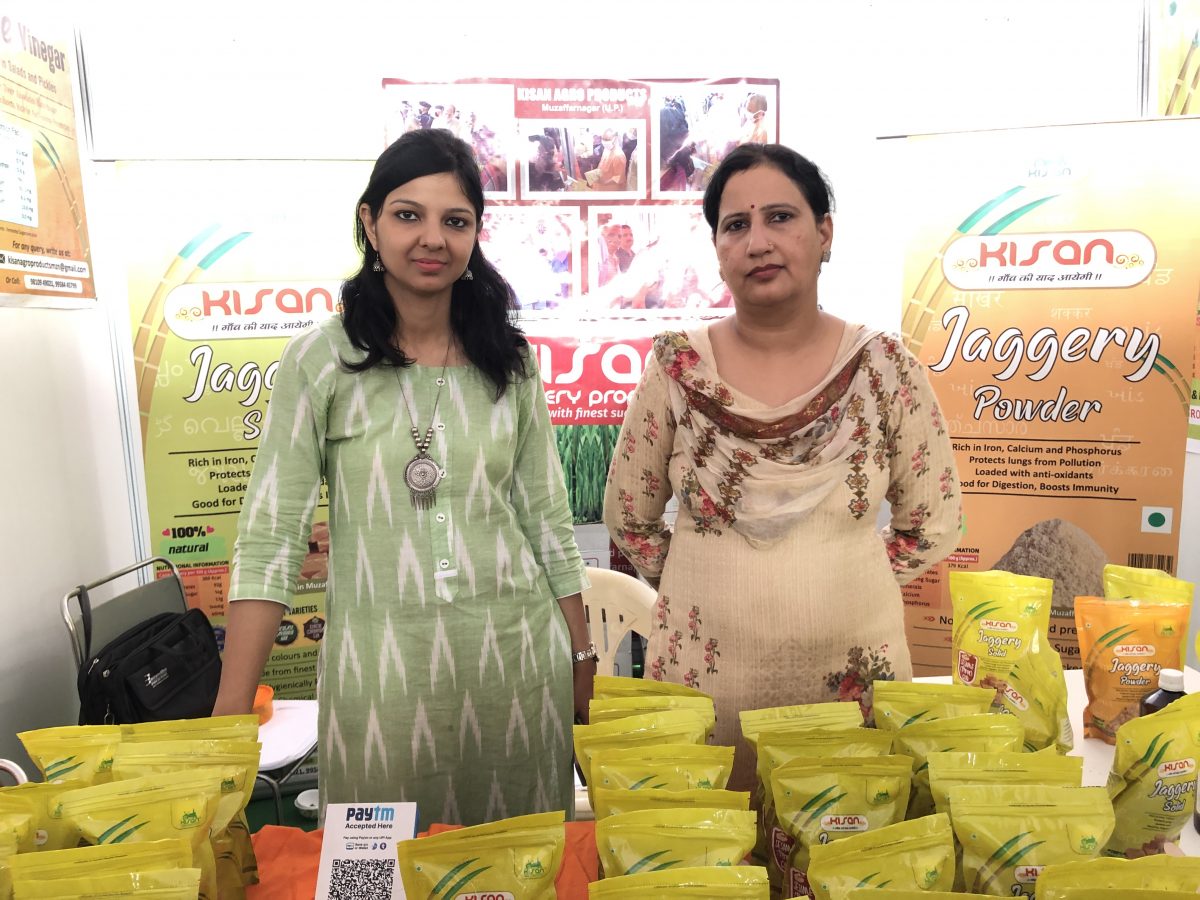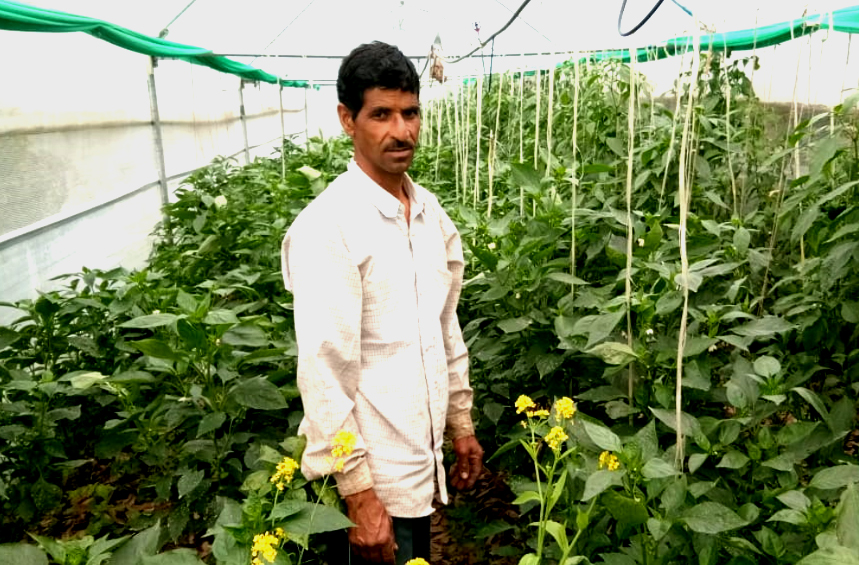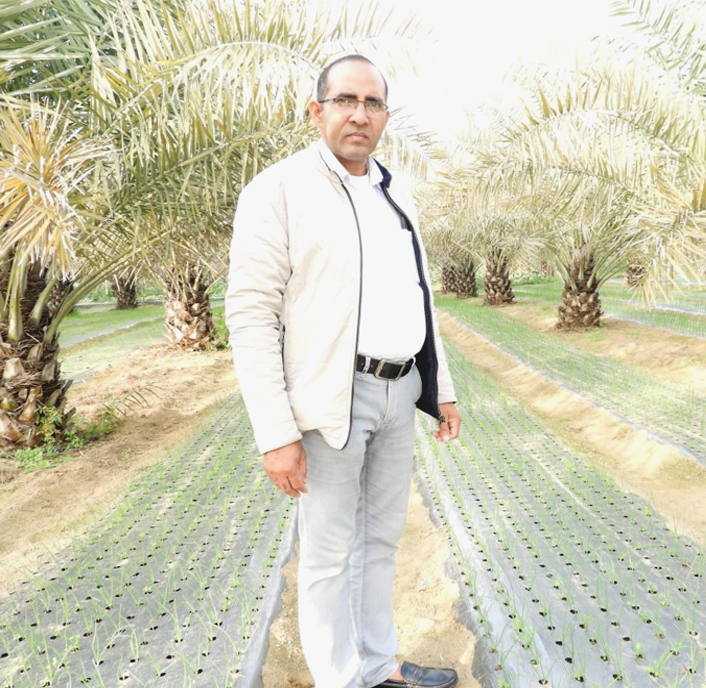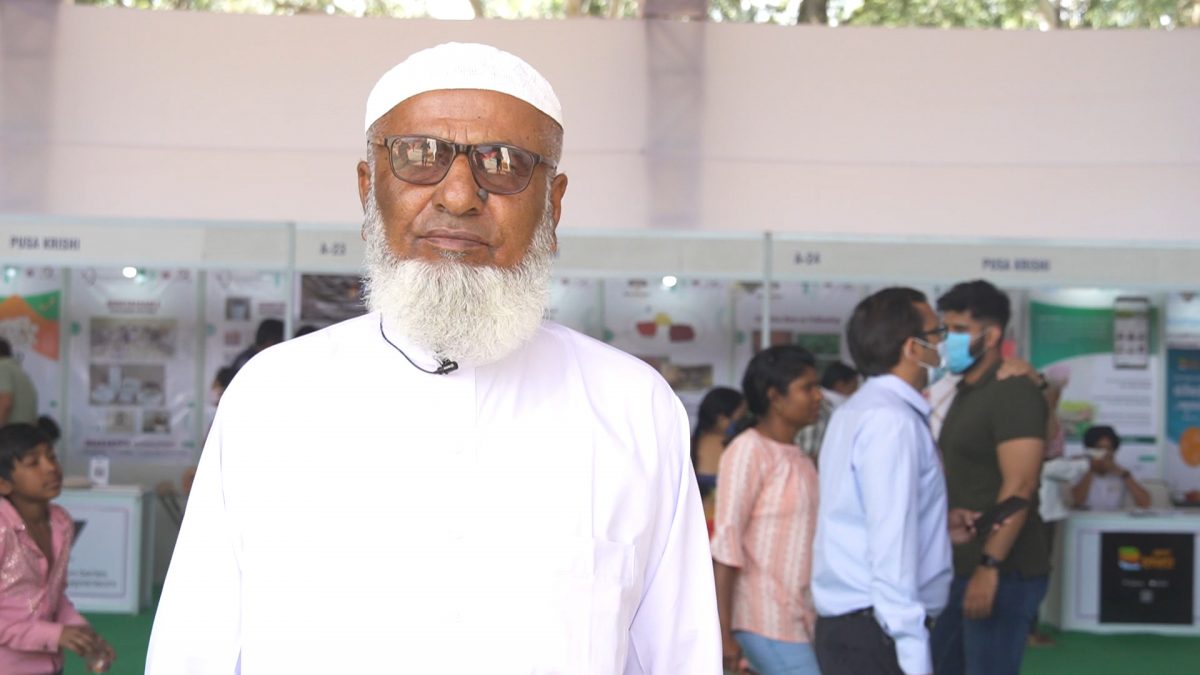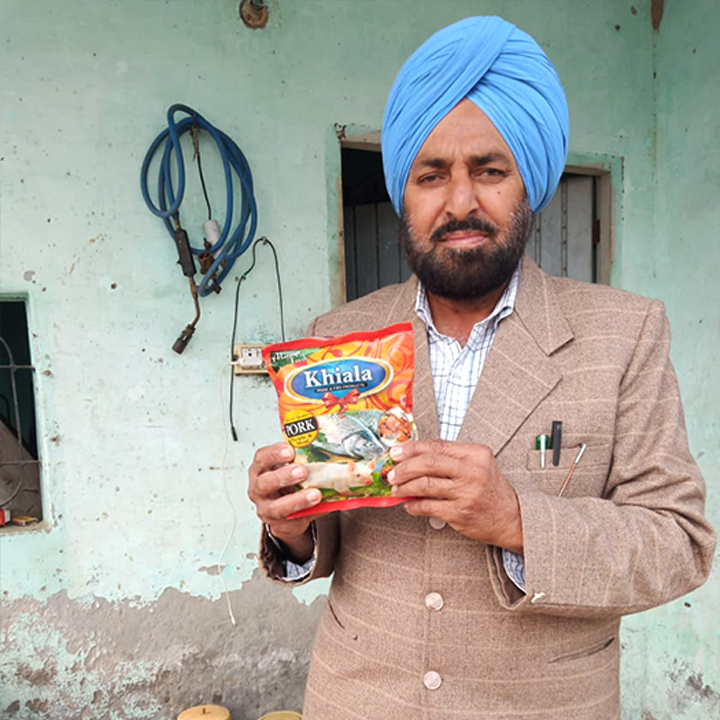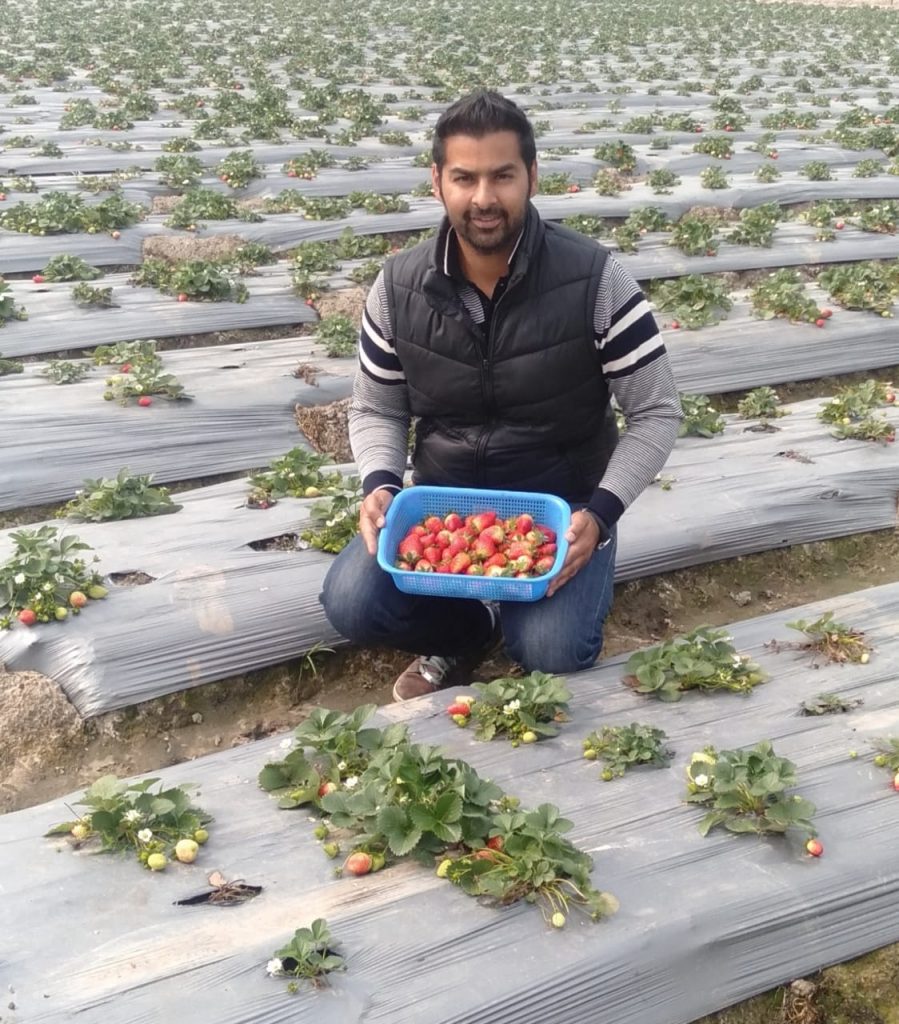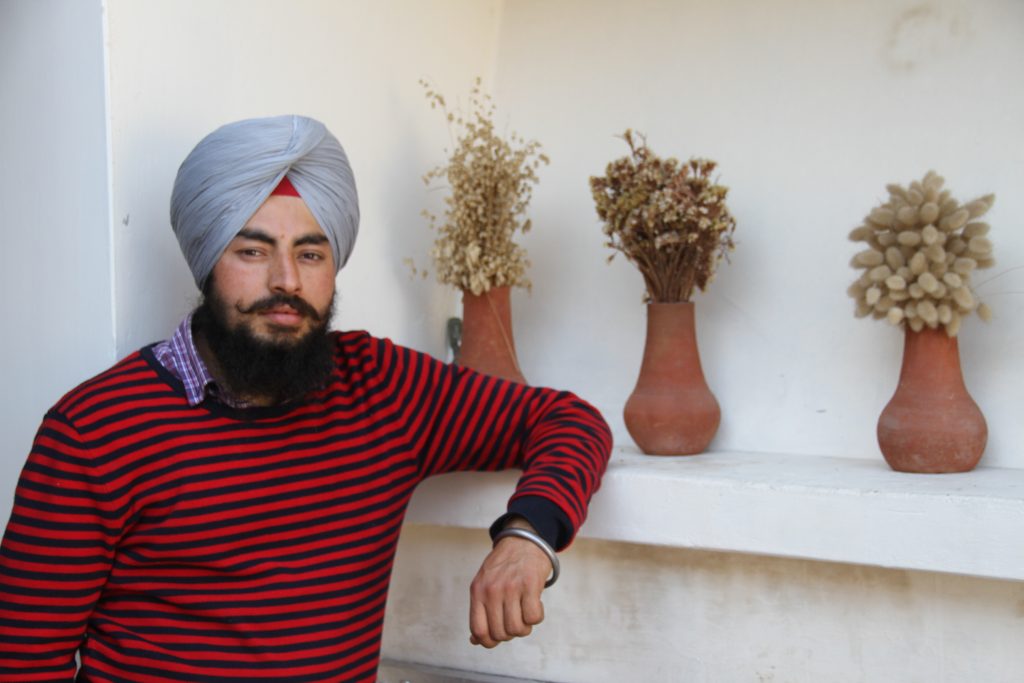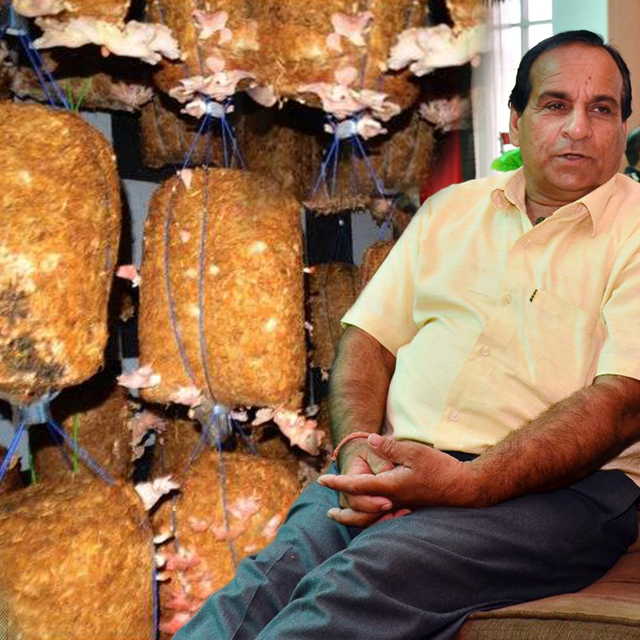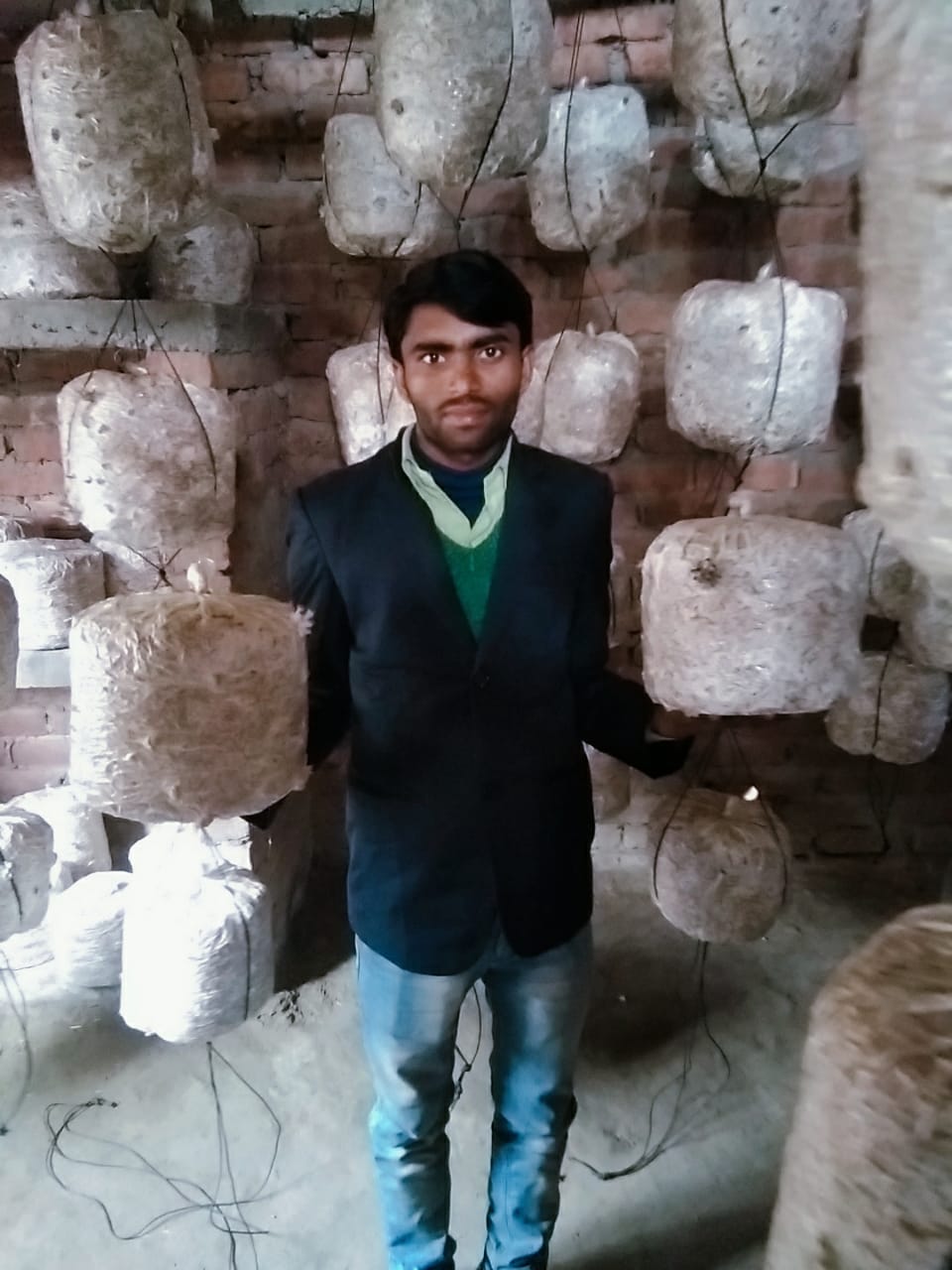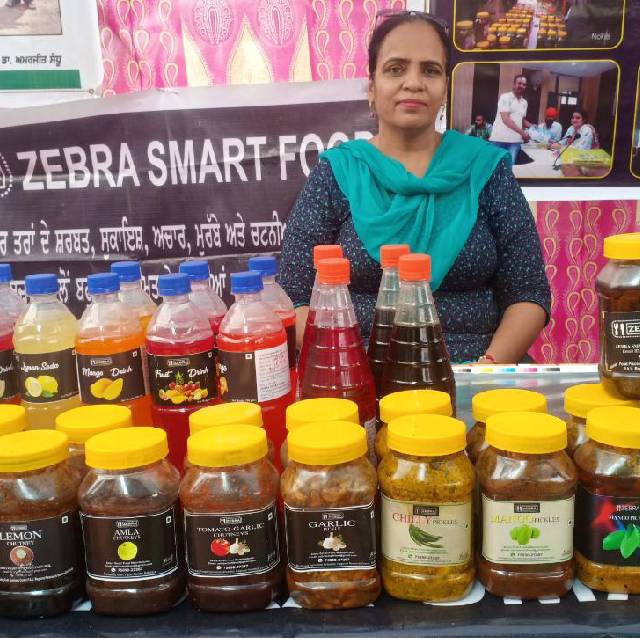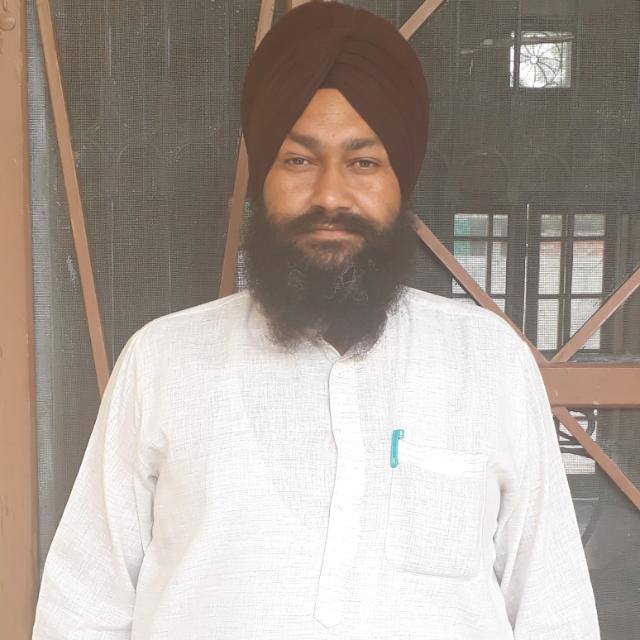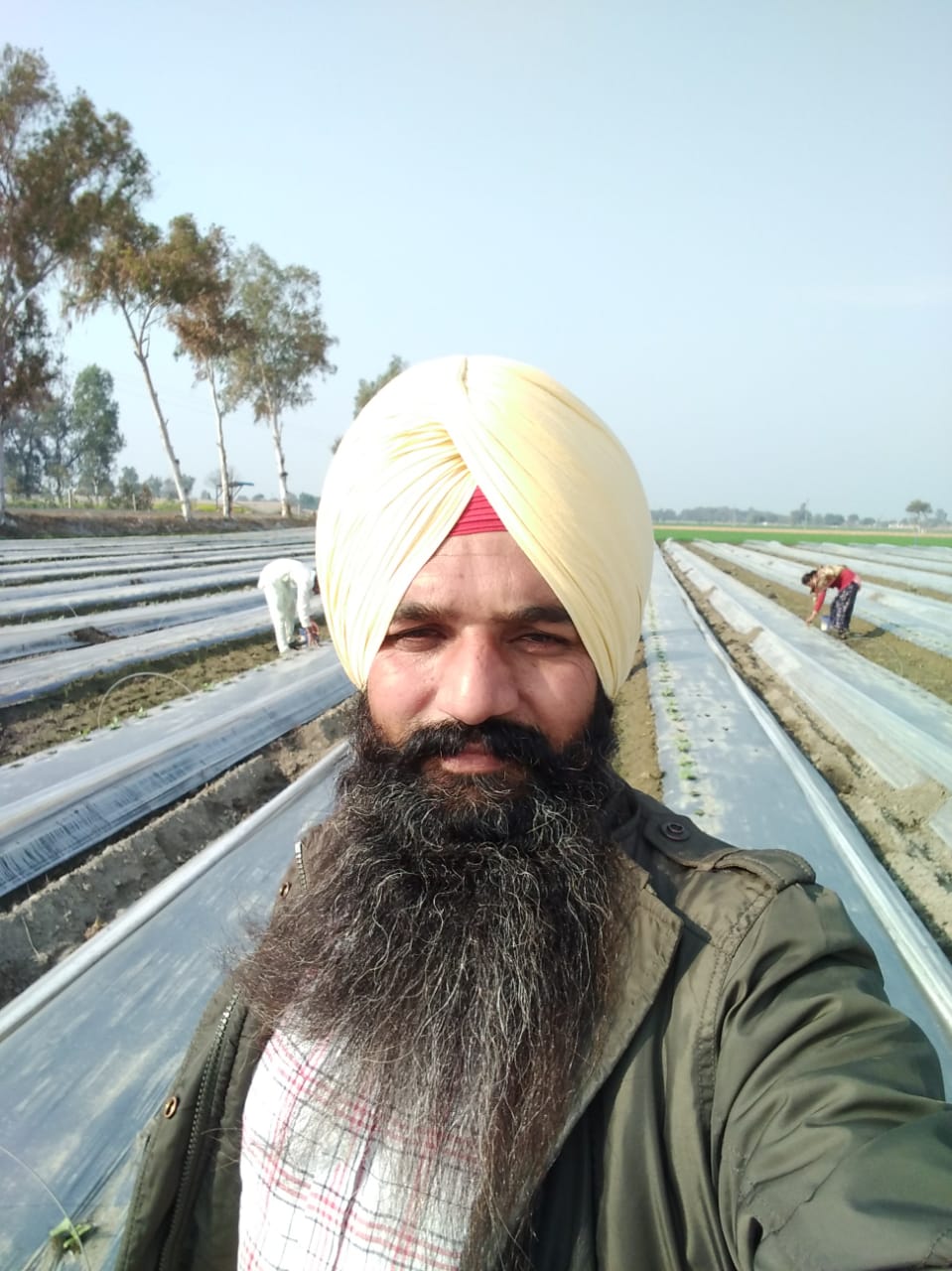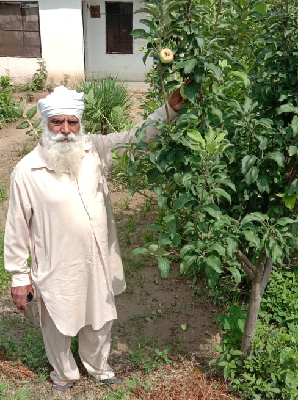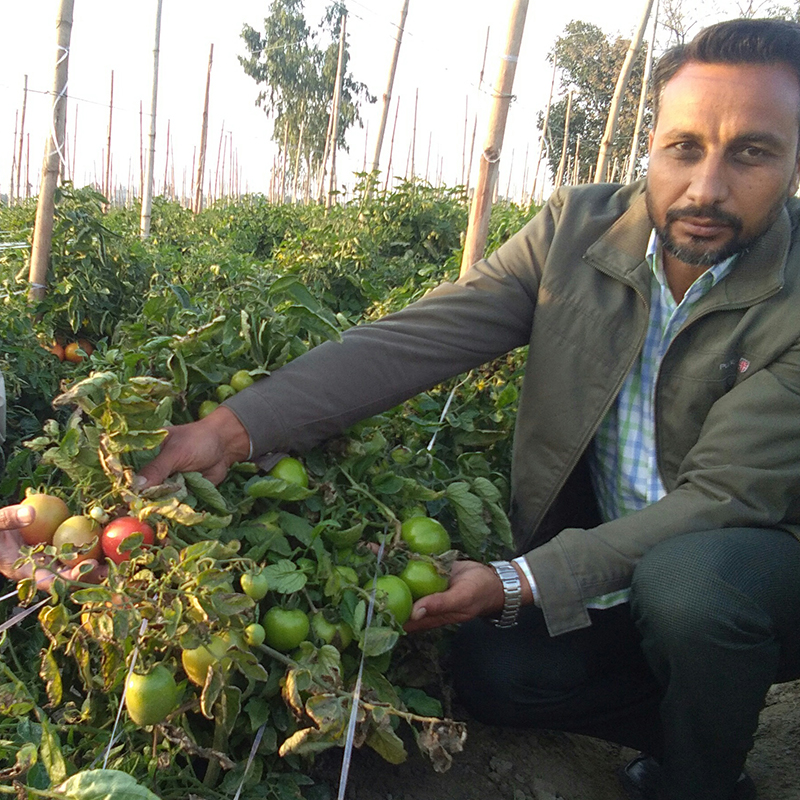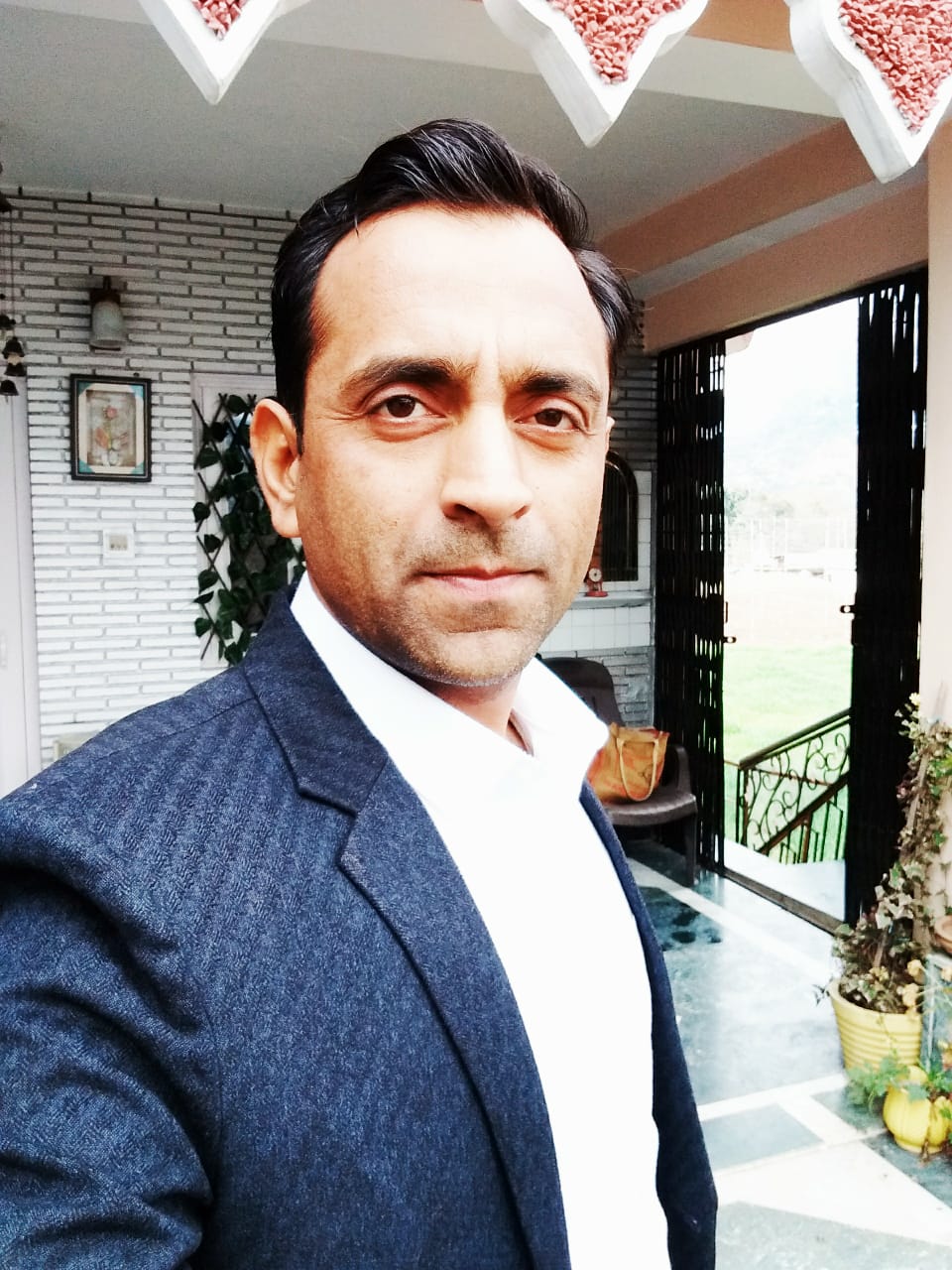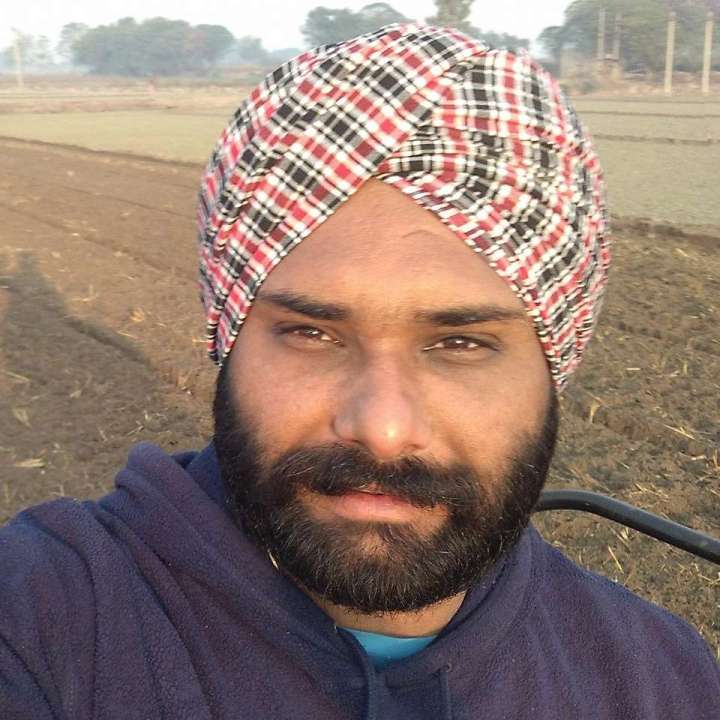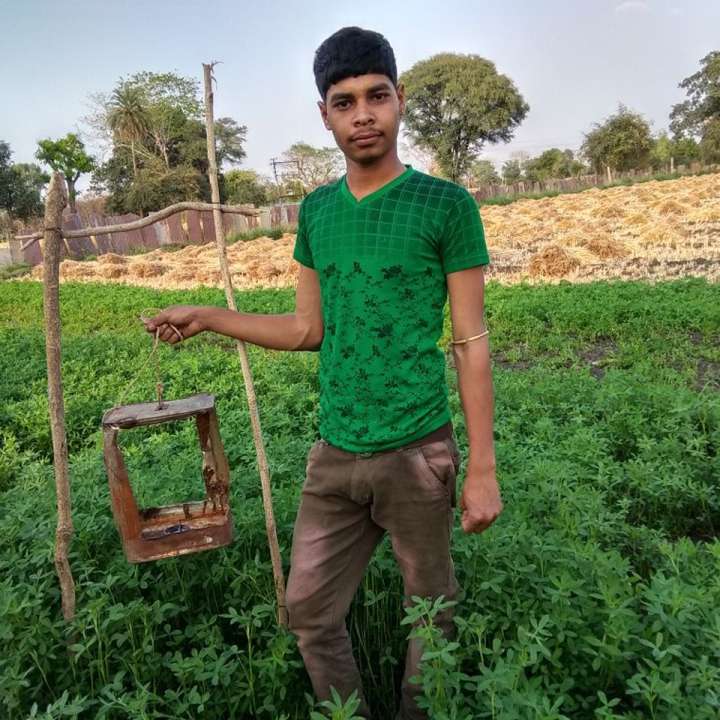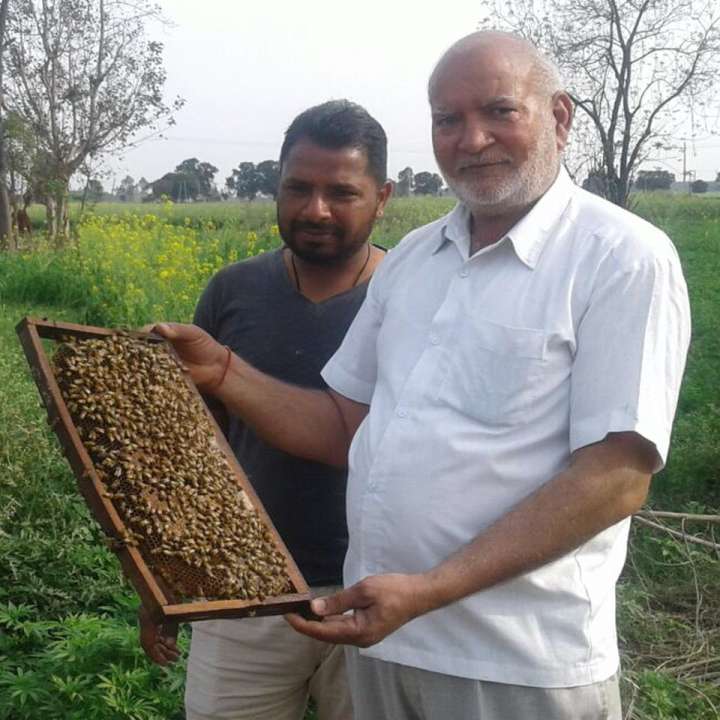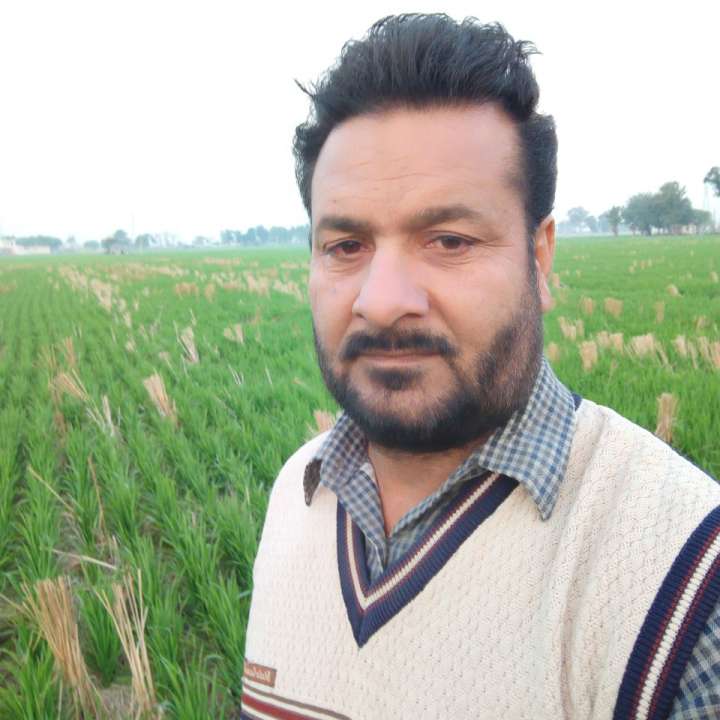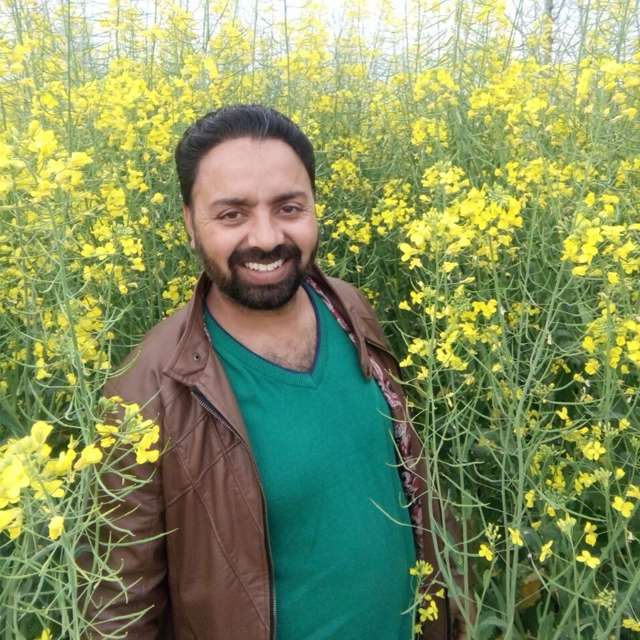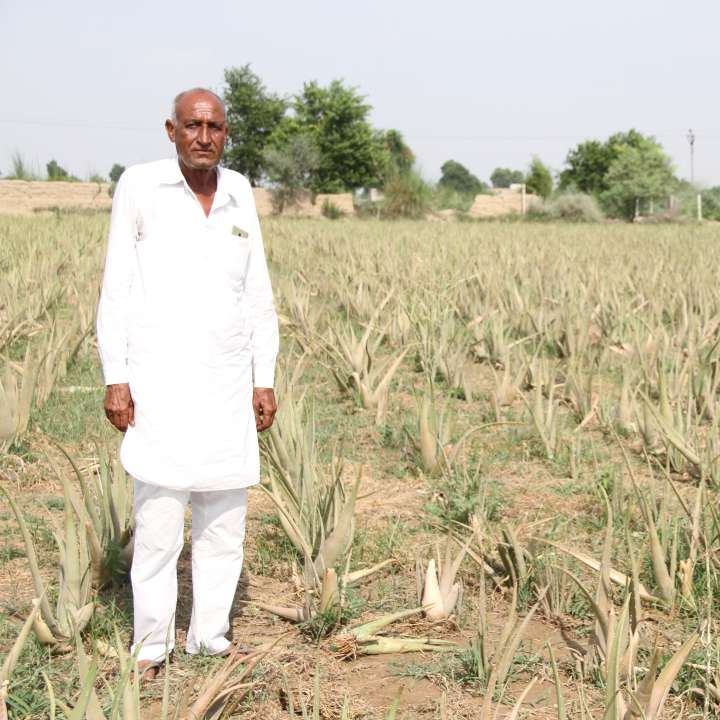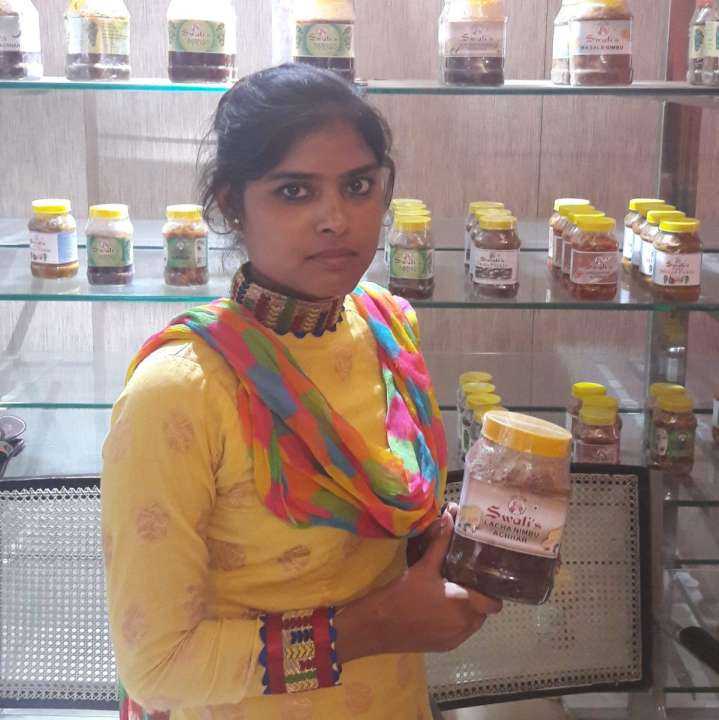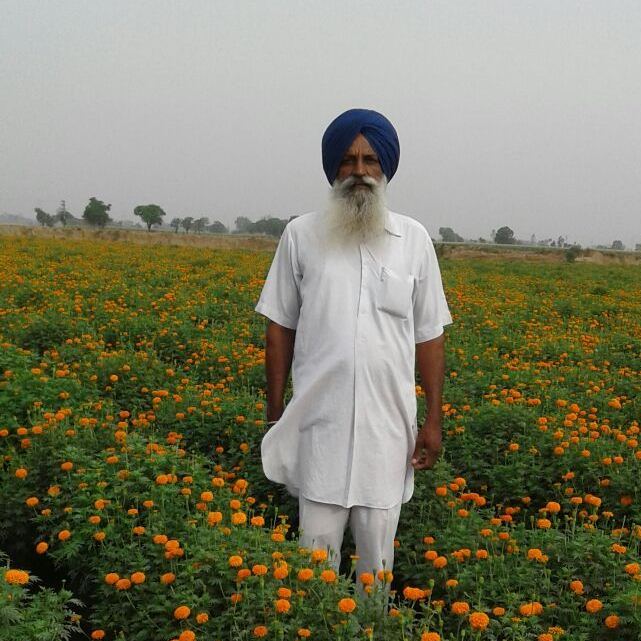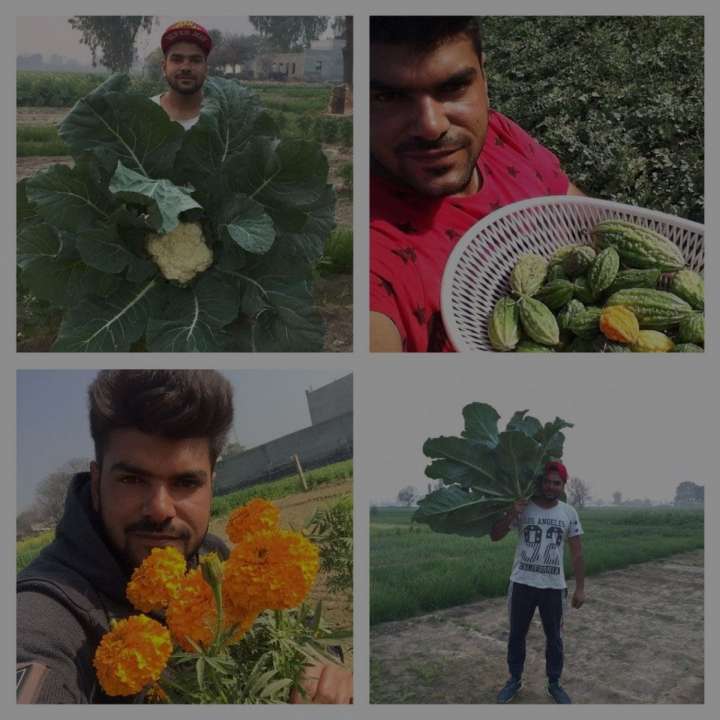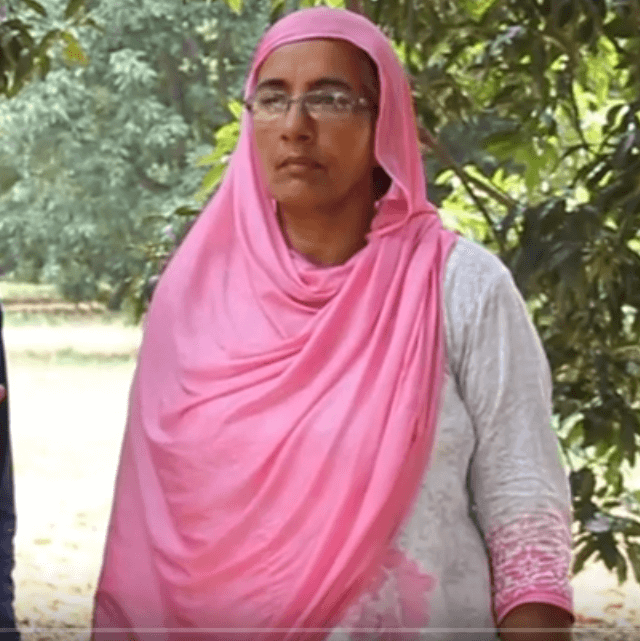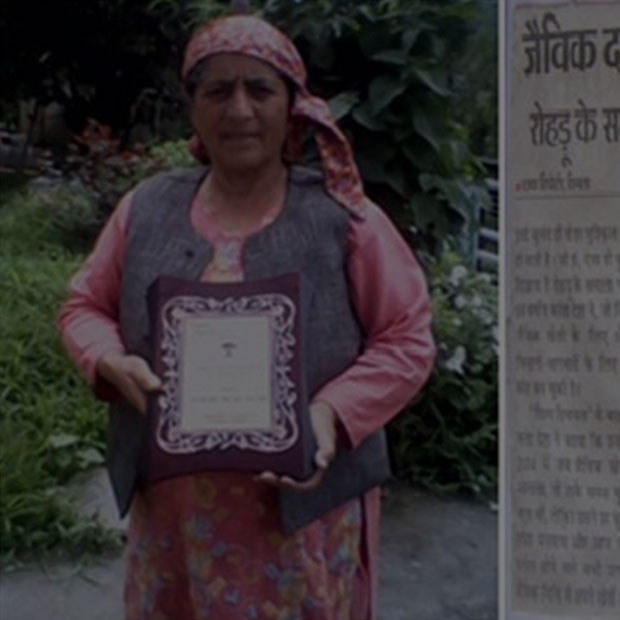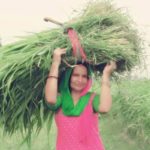Innovative Farmer Surinder Kumar: Pioneering Success in Relay Cropping and Strawberry Farming in Jhangola
In the heart of Dasuya district in Hoshiarpur, Punjab, a tale of agricultural innovation and resilience is unfolding. Sh. Surinder Kumar, born and raised in this agrarian landscape, has emerged as an inspirational figure for farmers across the region. His transition from a 20-year career in exhibition conference management in Delhi to becoming an innovative farmer in the face of the COVID-19 pandemic shows his determination and commitment to sustainable farming practices.
Surinder Kumar’s journey into agriculture wasn’t a predictable one. Driven by the economic uncertainties brought about by the pandemic, he returned to his roots, drawing on the farming experience instilled in him during his childhood. His parents, deeply rooted in agriculture, had imparted invaluable knowledge that would later become the foundation of his success.
In pursuit of a new venture, Surinder Kumar turned to a friend in the UK, a seasoned farmer with expertise in strawberry cultivation. Armed with this knowledge and complemented by his own extensive research, Surinder Kumar embarked on the ambitious journey of strawberry farming in India. The initial challenges were manifold, ranging from the unavailability of high-quality seedlings in India to the struggle of exporting seeds and seedlings from other countries.
The first year proved to be financially daunting, as he faced significant losses on his initial 3-acre venture, with expenses averaging 8 to 9 lakhs per acre. Undeterred, Surinder Kumar sought solutions and identified the need for superior strawberry varieties. This realization led him to import unique strawberry varieties with distinctive flavors from Italy, varieties that could thrive under Indian conditions. Fulfilling all government regulations for seed importation, he received guidance from PUSA on the proper procurement and cultivation of these imported plants.
As Surinder Kumar’s strawberry enterprise began to take root, he expanded his agricultural footprint by acquiring land in Himachal Pradesh. Currently, he manages an impressive 8-acre plot in Jhangola village in Delhi, with 4 acres dedicated to strawberry cultivation and the remaining 4 acres supporting a variety of vegetables, including capsicum, cauliflower, broccoli, radish, and wheat.
One of Surinder Kumar’s key strategies for maximizing profit margins is his adoption of relay cropping, a method where different crops are cultivated sequentially on the same piece of land within a single growing season. His relay cropping patterns, particularly between strawberry-watermelon and capsicum-watermelon, have proven to be highly lucrative, demonstrating the potential for diversification in farming practices.
In addition to innovative cropping patterns, Surinder Kumar places a strong emphasis on sustainable agricultural practices. He has implemented integrated pest management techniques to minimize the use of harmful pesticides, safeguarding both soil and crop health. Recognizing the importance of water management, he has developed a variety-specific fertigation regime, optimizing the use of water and fertilizers for enhanced crop growth.
Modern technology plays a pivotal role in Surinder Kumar’s farming approach. Real-time temperature and humidity monitoring through data loggers ensure optimal conditions for his crops, showcasing his commitment to leveraging technology for agricultural efficiency.
For the marketing and sale of his produce, Surinder Kumar has strategically partnered with supermarket giants Reliance Fresh and Big Basket, providing him with a fixed market and ensuring a steady income stream. This collaborative approach not only secures his financial stability but also contributes to the economic growth of Jhangola.
His message to the fellow farmers is seed selection and plantation at the right time is very important in strawberry farming. Also, he actively engages with and assists other farmers who wish to delve into strawberry farming, offering guidance on seed selection, cultivation practices, and post-harvest care.




